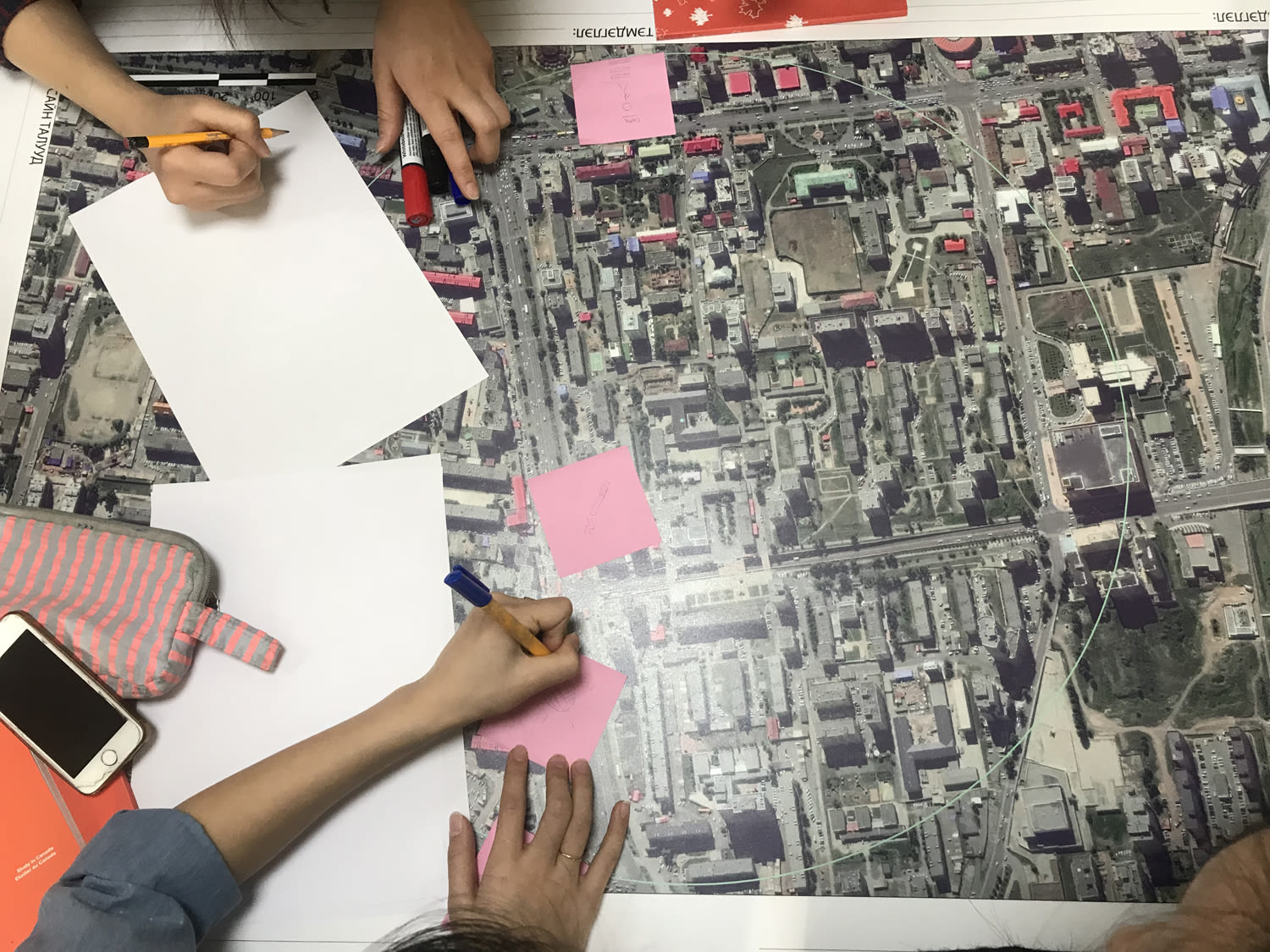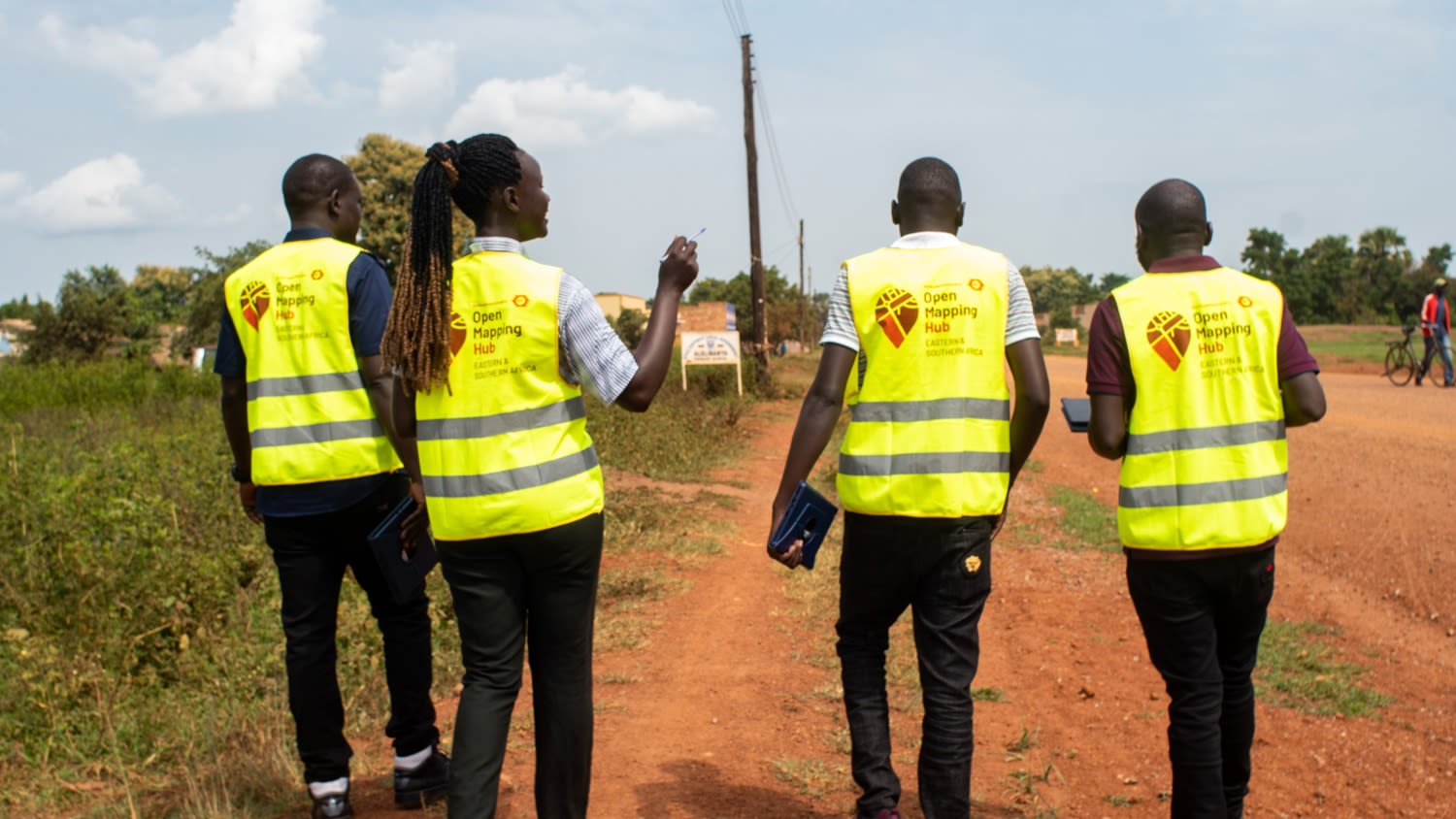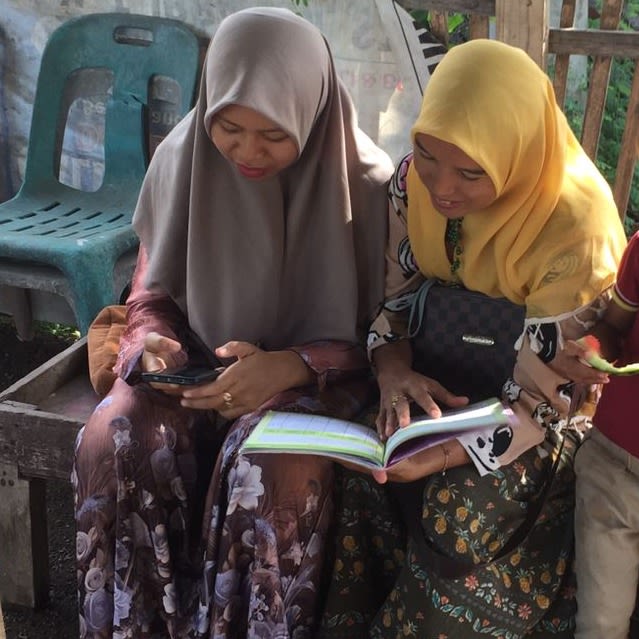Bridging gender data gaps and transforming her world through open mapping
In today's rapidly evolving world, data is a cornerstone for informed decision-making, policy formulation, and ensuring an equitable and just society. However, beneath the surface of seemingly comprehensive datasets lies a critical blind spot, gender data gaps. Traditional data collection methods often overlook women's contributions, priorities, vulnerabilities, and distinct needs.
Gender-disaggregated data is the key to helping policymakers and planners address the disparities and foster inclusive development. As we celebrate International Women's Day, it's crucial to reflect on the strides made toward gender equality while recognising the work that remains to be done.
Open mapping provides a platform for the collection and visualisation of gender-disaggregated data, allowing for a more nuanced understanding of how resources, services, and vulnerabilities are distributed across different genders within communities. The inclusive approach and community ownership in the open mapping process facilitates the identification of gender-specific needs and challenges, enabling targeted and effective interventions to promote gender equity and inclusion.
Driving change through impact-driven initiatives
Gender equity is a core impact area for Humanitarian OpenStreetMap Team (HOT), reflecting the commitment to foster inclusivity and empowerment. By integrating gender considerations into mapping initiatives, we commit to leveraging the power of open mapping to transform HER world and ensure that women are not left behind in the data revolution. HOT has been actively collaborating with communities in 94 countries to create a more representative map that serves as the foundation for making informed decisions and ensuring targeted interventions for development, disaster response, and social justice. By promoting inclusivity and diversity in the tech and data sectors, HOT supports women to create equitable and responsive solution for their communities.
Navigating hope with open mapping: As part of one of the projects in Uganda, OpenStreetMap tools were used to fight gender-based violence (GBV). The project, in partnership with the Center for Life Change Development, undertook sensitisation and awareness campaigns, introduced OSM tools to social workers, police, and other stakeholders, and undertook trainings to add points of interest on OSM as a navigation tool to respond to GBV calls. It also, and generated maps of administrative boundaries, police stations, and health centres.
Closing the women’s health gap using map data: One of the major indicators of gender equality is the agency and ability of women and girls to make informed decisions about their health and have access to quality healthcare facilities. NGO Amara Hub project, in partnership with the Ministry of Health, has demonstrated significant results by enhancing contraceptive access, through 31 volunteer community health workers, creating and sharing static maps showcasing the prevalence and distribution of contraceptive use with government health officials, health facilities, and local NGOs supporting reproductive health services, adding over 520 points of interest related to contraceptive health access. This video brings more such inspirational stories.
Breaking barriers and embracing leadership roles: HOT aspires to create a movement of mappers and leaders to foster collaboration, expand participation, and ensure sustainability of mapping initiatives. The Asia Pacific Hub at HOT, through its She Leads and She Inspires (SLSI) program aims to increase women’s representation in the open mapping movement, and create future leaders. Over the course of the six months of the leadership program, 99 women from 14 countries received training to become OSM (Open Street Map) community leaders, and 19 of them are leading projects to address a range of local challenges related to disaster resilience, environment, gender equality, health, heritage, inclusion, and sustainable cities. HOT Community Working Group has initiated a Mentorship Program to address the lack of diversity in the geospatial and tech field by providing peer-to-peer learning and knowledge exchange. Neelima Mohanty and Pragya Pant share their mentorship journey in the Geomob podcast, Women in geo: the role of internships and mentorship. HOT participates in Outreachy which provides internships to people subject to systemic bias and impacted by underrepresentation in the technical industry where live.
Using maps to transform HER world
Data is the best way to spur evidence-based and gender-responsive policy action and leave no one behind. As per the World Economic Forum 2023 report, at the current rate of progress, it will take the world 131 years to close the global gender gap entirely. Filling the data gaps using participatory mapping can help identify and challenge gender norms and barriers, share and implement solutions, and change community structures holding women back. The intersection of gender data and open mapping represents a powerful tool for advancing gender equity and social inclusion.
As we celebrate International Women's Day, let us reaffirm our commitment to bridging gender data gaps and transforming HER world through open mapping. By harnessing the power of technology, collaboration, and collective action, we can create a more just, inclusive, and equitable future. Together, let us map a path towards gender equality, let’s #MapHerWorld #MapTheGenderGap.
Rebecca is the Executive Director of Humanitarian OpenStreetMap Team (HOT). HOT is an international team dedicated to humanitarian action and community development through open mapping. HOT’s vision is a world where community needs are addressed through mapping, everyone can access and contribute to the map, and open map data is available and used for impact. HOT was selected as an Audacious Project in 2020 due to its bold vision to engage one million volunteers to map high-risk places in 94 countries.
The Audacious Project, housed at TED, was brought to life through the collaboration of some of the most respected names in the non-profit world, including Skoll, the Bill & Melinda Gates Foundation, Scott Cook & Signe Ostby and more. Virgin Unite is proud to be one of the partners supporting incredible organisations like The Humanitarian OpenStreetMap Team.




